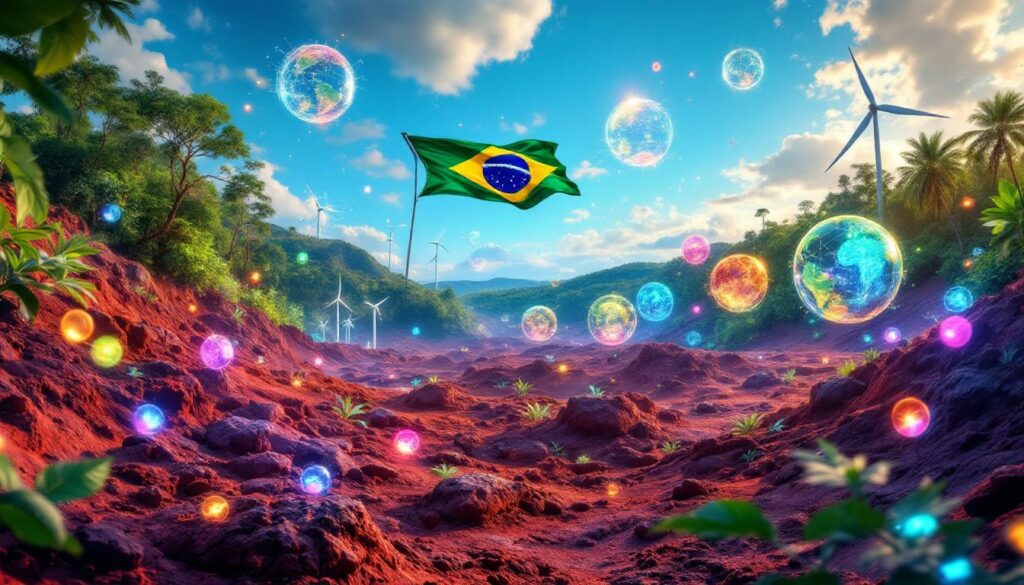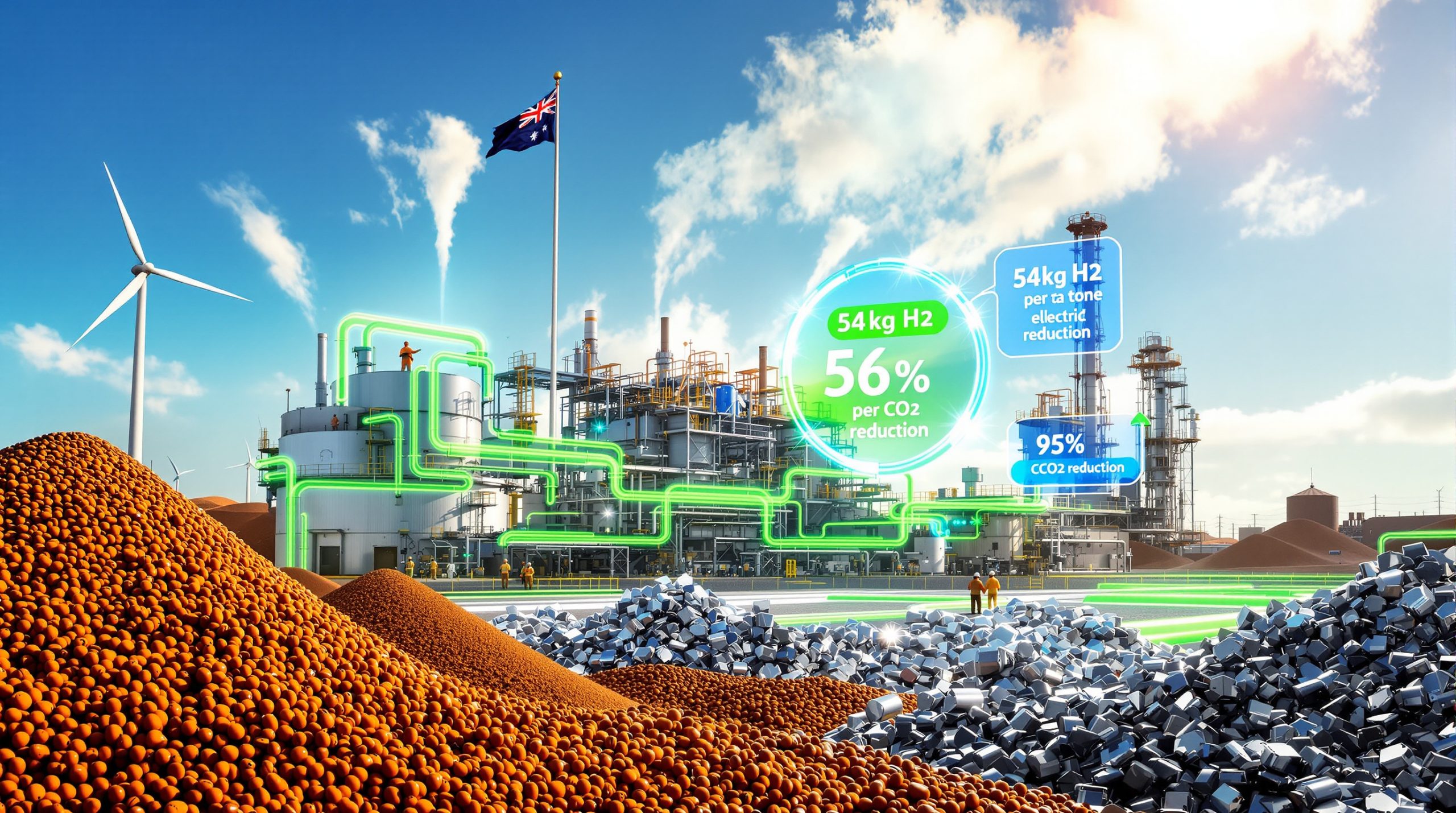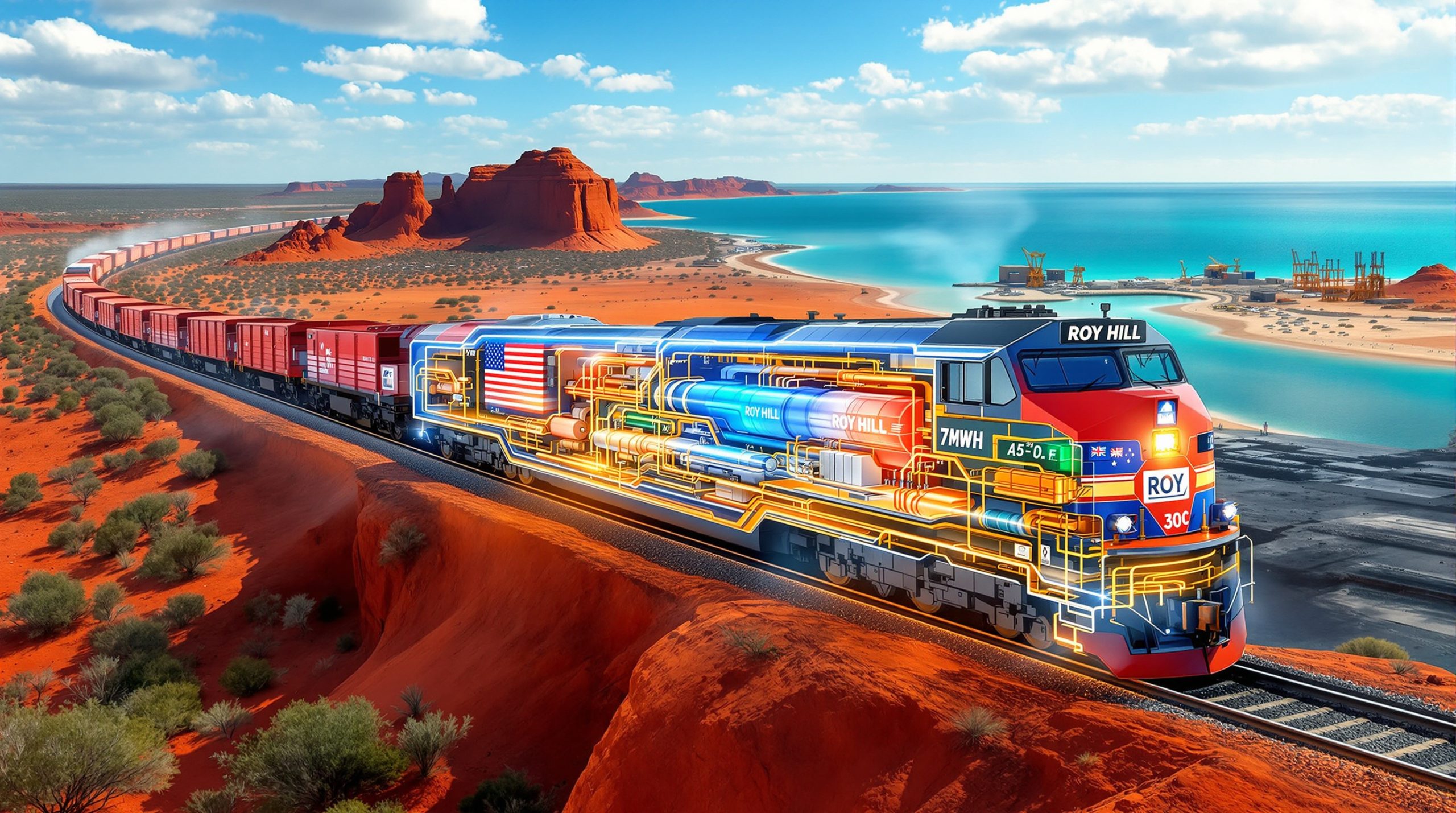What Makes Brazil a Rare Earth Hotspot?
Brazil stands out as one of the world's most promising locations for rare-earth elements (REEs), sitting atop an impressive 23% of global reserves, second only to China, according to data from the US Geological Survey. Given the intense global interest in establishing more reliable supply chains outside China's control, Brazil is emerging as a strategic contender in the rare-earth mineral marketplace.
Geological Richness: Brazil's Unique Position
Brazil's advantage rests largely in its geological makeup, closely mirroring China's famed ionic-clay deposits. Ionic clays are particularly attractive due to their comparatively simple extraction process, significantly lower operational costs, and minimal environmental impact compared to traditional mining industry evolution. This geological setting places Brazil in a unique position to offer sustainable and economically viable alternatives.
As Ramon Barua, CEO of Aclara Resources, aptly puts it:
"Brazil is copy-paste geologically to what the Chinese have. The difference is we're doing it in a super environmentally friendly way."
Robust Government Support Accelerates Sector Growth
Recognizing the geopolitical significance of diversifying the global rare-earth supply chain away from Chinese dominance, Brazil's government has mobilized substantial financial incentives. Nearly $1 billion in Brazilian funding has been earmarked through the Brazilian Development Bank (BNDES) and the government funding agency Finep. These investments aim to propel strategic mineral projects, optimize extraction techniques, and build the necessary processing infrastructure.
José Luis Gordon, director at BNDES, emphasized the urgency and potential of this initiative:
"The world has realized it can't rely on just one country."
Geopolitical Importance and Supply Chain Security
The global significance of rare-earth minerals—vital for cellphones, electric vehicles, renewable energy technologies, and defense applications—makes Brazil's rare earth-deposits geopolitically critical. In an era of tense trade relations and international supply chain concerns, Brazil represents a politically neutral, strategically positioned supplier. It offers Western nations a crucial alternative for securing steady, reliable supply channels.
How Are Startups Capitalizing on Brazil's Rare Earth Potential?
Brazil's promising geological and political backing has sparked numerous innovative startups. Key players currently shaping the rare-earth startups and brazil sector include:
-
Serra Verde Group
Recently became Brazil's first active rare-earth producer, funded by US investors and primarily supplying Chinese buyers. -
Aclara Resources Inc.
Focusing on eco-friendly, ionic clay extraction methods, approaching mining responsibly in Brazil to supply a magnet production facility located in South Carolina. -
Viridis Mining and Minerals Ltd.
This Australian-based exploration company is actively assessing Brazilian deposits and establishing diverse international financial partnerships to drive forward initial development stages. -
Meteoric Resources NL
Eyeing early-stage projects, Meteoric Resources maintains a focused exploration and feasibility agenda within Brazil.
Innovations in Extraction and Processing
Many Brazilian startups highlight their commitment to advanced, environmentally sensitive extraction technologies. Unlike traditional hard-rock mining techniques, ionic-clay-based operations use significantly fewer harmful chemicals and require less water consumption.
Aclara Resources is particularly vocal about its sustainable approach, attempting to establish benchmarks for mining reclamation innovation in Brazil and beyond.
Strategies of Vertical Integration and Collaboration
To strengthen market positions and mitigate financial risks, Brazilian rare-earth startups notably adopt vertically integrated strategies. Aclara Resources exemplifies this strategy by linking its extraction and processing infrastructure in Brazil directly to manufacturing operations in South Carolina, assisting in securing guaranteed demand outlets and attracting potential investors.
Additionally, startups like Viridis are actively engaging in collaborations with international financial entities, including development banks from the US, Canada, Japan, Germany, France, Korea, and Australia, signaling high-level global interest in Brazil's rare-earth sector.
What Challenges Do Rare Earth Startups Face in Brazil?
Despite promising setups, rare-earth startups in Brazil face notable obstacles, including market uncertainties and logistical hurdles.
Complexities of Processing and Refining Infrastructure
Extracting rare-earth minerals is just the initial step. A significant portion of the value-addition takes place within processing and refining—a sector currently dominated by China. To build competitive refining facilities in Brazil, considerable financial investment, expertise, and infrastructure development remain key challenges.
Klaus Petersen, Brazil's Country Manager at Viridis Mining, candidly highlights the existing gaps:
"The entire industrial chain still needs to be structured."
Pricing Volatility and Investor Risk
Due to China's opacity and dominant market position, global rare-earth prices fluctuate frequently and unpredictably. According to analyses by Wood Mackenzie, rare-earth market prices would need to effectively double to ensure non-Chinese operations are financially viable long-term. As Johann Schmid from Wood Mackenzie points out:
"Investors are not willing to run all that risk, so there is a need for incentives, most likely from governments, that help them de-risk."
Lessons from the Past: Historical Market Volatility
History presents cautionary tales from the early 2010s, when companies like Molycorp and Lynas experienced dramatic boom-and-bust cycles, driven by fluctuating prices and overly optimistic demand assumptions. This volatile past underscores the need for carefully structured, long-term strategies in Brazil, backed by government incentives and international partnerships.
How is Brazil's Rare Earth Strategy Evolving?
Brazilian authorities are actively refining their strategic approach towards rare-earth development.
Selection of High-Potential Strategic Projects
From an initial pool of 124 project proposals totaling $15 billion in investment, a selective shortlist is now being drawn up by authorities. Projects displaying the clearest prospects for profitability, sustainability, and long-term strategic contribution are prioritized—emphasizing those incorporating high-value electrochemical refining components.
Aligning with Global Supply Chains
Integration into global supply networks drives Brazil's strategy. Partnerships with organizations like the Japan International Cooperation Agency (JICA) are under consideration, likely supporting refining projects. Brazilian startups thus look beyond extraction, aiming ultimately to service global high-tech supply chains comprehensively.
What Are the Investment Opportunities in Brazil's Rare Earth Sector?
Several investment channels exist for the exploration and mining of rare earths in Brazil, attracting a variety of funders:
- Brazilian Development Bank finance (BNDES).
- International cooperation funding (e.g., JICA).
- Climate change fund grants for sustainable and environmentally sound projects.
- Public-private partnership structures.
- Strategic offtake agreements with secured buyers.
To further minimize investment risks, Brazilian rare-earth projects typically pursue diversified customer bases, phased development approaches, governmental guarantee provisions, and junior mining investments through strategic tech-provider collaborations.
How Does Brazil Compare to Other Rare Earth Sources?
Brazil presents distinctive advantages over other emerging countries in the rare-earth domain:
| Advantage | Description |
|---|---|
| Large reserves | 23% of global deposits |
| Mining jurisdiction | Stable, reliable regulation |
| Infrastructure | Well-developed and growing |
| Government incentives | Substantial financial backing |
| Proximity | Closeness to Western markets |
Unlike producers relying on costly hard-rock mining, Brazil's ionic-clay deposits promise more favorable cost structures, competitive globally. Moreover, as global powers engage in rare earth metal talks, Brazil's strategic position only strengthens.
Future Outlook for Brazil's Rare Earth Industry
Brazil's rare-earth industry stands poised for significant growth by the late 2020s, especially as Serra Verde scales up and other startups reach advanced project stages. Technological developments in extraction and processing, alongside the creation of a fully integrated national value chain—spanning extraction, refining, and manufacturing—could accelerate potential growth and enhance sustainability standards.
The future of rare-earth startups and brazil undoubtedly presents compelling opportunities, tempered by complex environmental, geopolitical, and economic considerations. Successful navigation of these challenges positions Brazil to become a crucial player amid the global push for a secure and sustainable rare-earth supply.
Furthermore, with the growing focus on critical minerals energy transition, Brazil's emergence as a key player in the rare earths market could significantly reshape global supply dynamics. According to Brazil Rare Earths, the country's projects could potentially help reduce Western dependence on Chinese supplies within the next decade.
Want to Spot the Next Rare Earth Discovery Before the Market?
Discover significant ASX mineral discoveries the moment they happen with Discovery Alert's proprietary Discovery IQ model, which turns complex mining data into actionable investment opportunities. Explore how major discoveries can lead to substantial returns by visiting the Discovery Alert discoveries page and position yourself ahead of the market.




